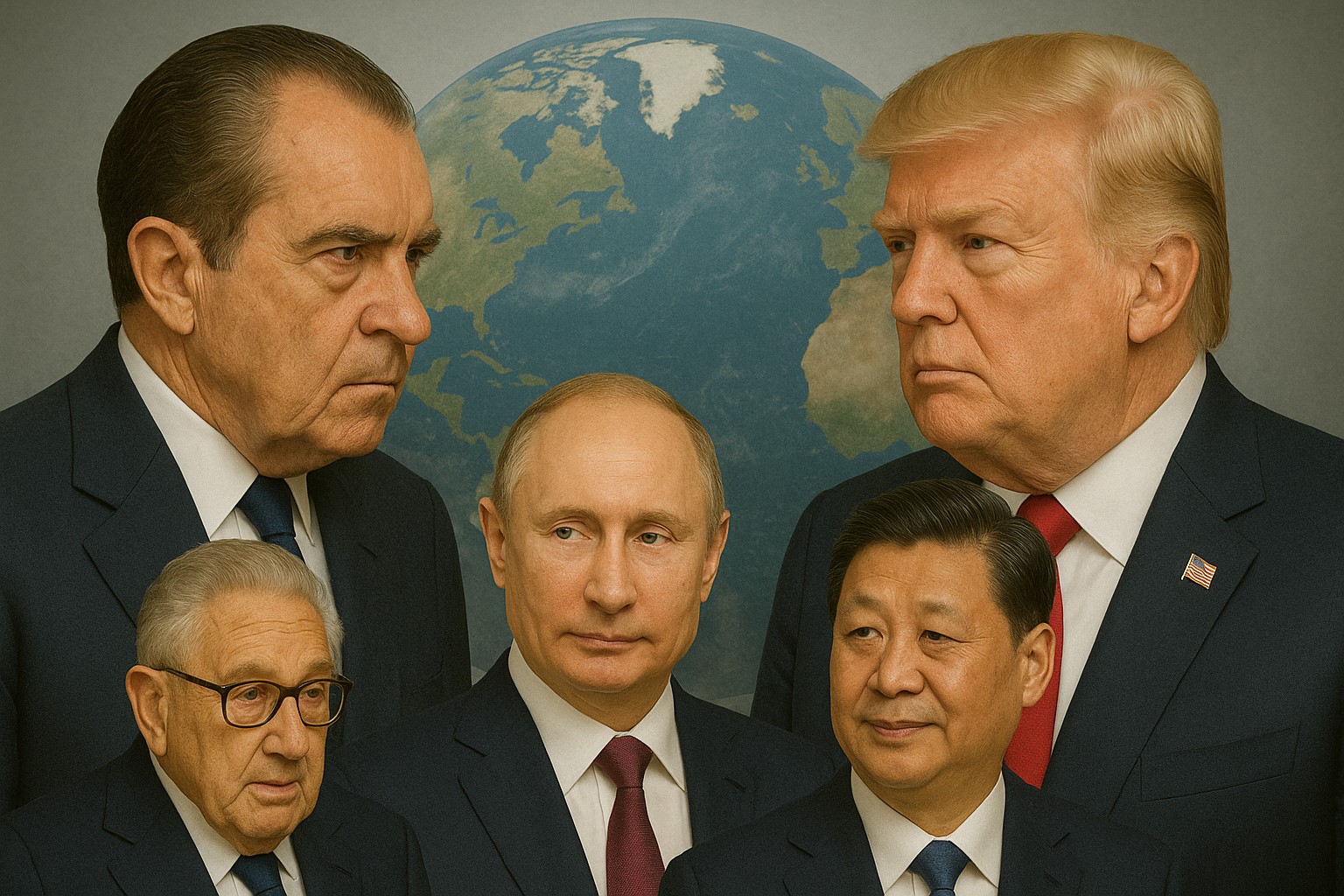Revisiting America’s Security Strategy
The Evolution of ‘America First’
Critics once labeled Donald Trump’s “America First” strategy as isolationist. However, national security experts are now recognizing it as a robust deterrence policy that emphasizes strong alliances, particularly with Israel. This strategy signals a pivot toward proactive engagement rather than withdrawal, aligning U.S. interests with those of its key partners.
A Firm Deterrence Policy
Fred Fleitz, vice chair of the America First Policy Institute’s Center for American Security and a former National Security Council chief of staff, articulated the core tenets of the “America First” approach during a recent interview with Fox News Digital. He stated, “The America First strategy for U.S. national security means a robust national security policy, decisive leadership, avoiding unnecessary wars, having allies contributing fully, and standing firmly with Israel to combat antisemitism.”
Strategic Interests and Israeli Support
Fleitz emphasized that support for Israel is not merely a moral obligation but strategically beneficial for the United States. “Israel tackles threats in the region that the U.S. would face without it, thus being strategically beneficial for us,” he explained. This sentiment is echoed by Mike Makovsky, CEO of the Jewish Institute for National Security of America (JINSA). He pointed out that Israel actively mitigates threats that could compel U.S. military intervention, arguing that the historical U.S. interests in the region revolve around Israel, oil, and Islamic extremism.
Regional Threats and Responses
Makovsky highlighted a notable resurgence in discussion around the “America First” strategy, particularly following Israel’s engagement with its Middle Eastern adversaries. He warned of the dangers posed by Iran’s nuclear advancement, noting the potential for ballistic missiles to reach the U.S. eastern seaboard. Furthermore, he drew parallels between the threats posed by Iran and North Korea, emphasizing the critical role Israel plays in maintaining stability against these dangers. “Israel effectively managed the situation with minimal U.S. intervention,” he remarked, an assertion that underscores the value of the U.S.-Israel alliance.
Confronting Iranian Aggression
Fleitz described Iran as “the biggest threat,” linking it to its proxies in the region, including Hamas and Hezbollah, as well as its nuclear ambitions. He praised Israel’s efforts in addressing these threats and noted the U.S.’s involvement in confronting Iran’s nuclear program, characterizing it as a global security threat. Both analysts see Iran as part of a broader alignment with Russia and China, which are exploiting instability in the Middle East to undermine U.S. power and engage in proxy conflicts that inflate energy prices and disrupt vital trade routes.
Energy Policy in Focus
The analysts agreed that energy policy is a crucial component of the “America First” doctrine. Fleitz noted, “Energy independence is crucial in Trump’s America First policy to alleviate high energy costs for Americans.” He continued to explain that international energy diplomacy plays an essential role in bolstering domestic economic security. The potential for increased Saudi oil production, implicitly linked to reducing conflict in Ukraine, illustrates how energy considerations weave into broader U.S. national security strategies.
The Importance of Alliances
Makovsky emphasized that without Israel’s efforts to curtail Iranian aggression, there would be dire consequences for Gulf oil-exporting nations. He argued that Iran’s unchecked influence could drastically affect oil prices and undermine regional stability. “When Israel assumes responsibility for securing energy routes and trade passages, Americans save financially and reduce military deployments,” he indicated.
Strategic Force and Military Presence
Fleitz highlighted that Trump’s doctrine advocates for selective use of military force rather than disengagement. “Trump aims to avoid unnecessary conflicts while prudently using force to secure national interests,” he explained. He also pointed out that U.S. forces stationed in Israel carry out a strategy of minimal presence with maximum influence, not engaging directly in combat but rather supporting Israel’s defense initiatives.
The Risk of Abandoning Allies
Makovsky cautioned that a withdrawal of support for Israel would have negative repercussions for America’s standing on the global stage. He reflected on a warning from an Arab leader who expressed that failing to assist Israel against threats from Iran’s nuclear ambitions could lead to significant harm. “The strong U.S.-Israel alliance is recognized worldwide. Failing to support Israel diminishes our credibility. Adversaries like China and Russia perceive it as a sign of American unreliability towards allies,” he stated.
Balanced Diplomacy and Future Strategies
Fleitz pointed to Trump’s “20-point peace plan” for Gaza, which exemplifies the balance of strength and diplomacy within the “America First” framework. He claimed, “It successfully secured hostages’ release and brokered a precarious ceasefire,” highlighting the ongoing negotiations for an international stabilization force as part of this strategy.
Conclusion: Ensuring American Hegemony
Both Fleitz and Makovsky concluded that the “America First” policy encapsulates strategic alliances that deter prolonged conflicts, thereby ensuring American hegemony remains intact. As global dynamics shift, the importance of nurturing these alliances becomes ever clearer, sustaining not only U.S. interests but also contributing to a more stable international order.
